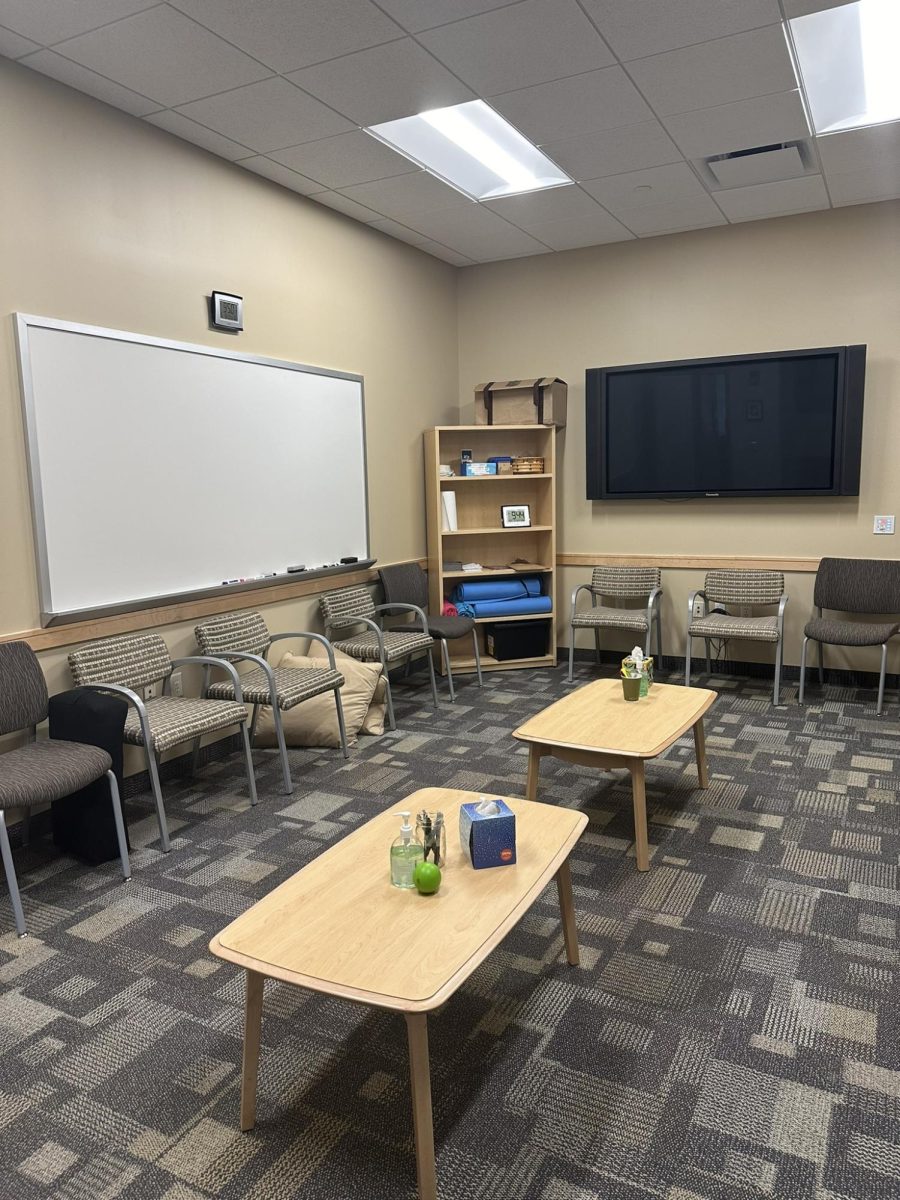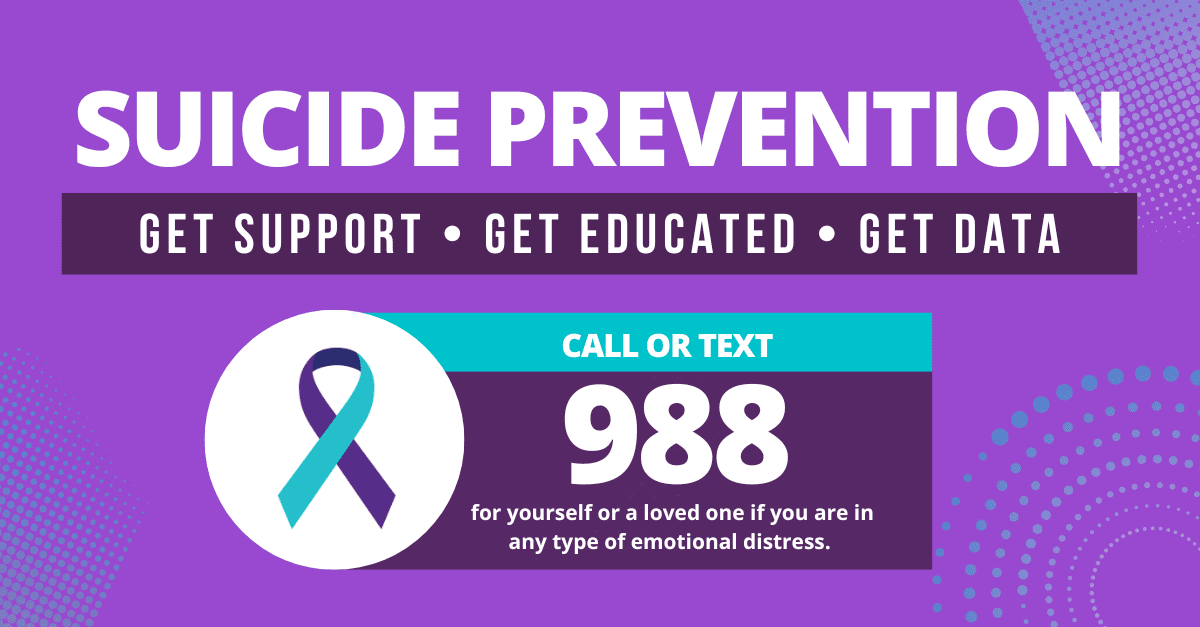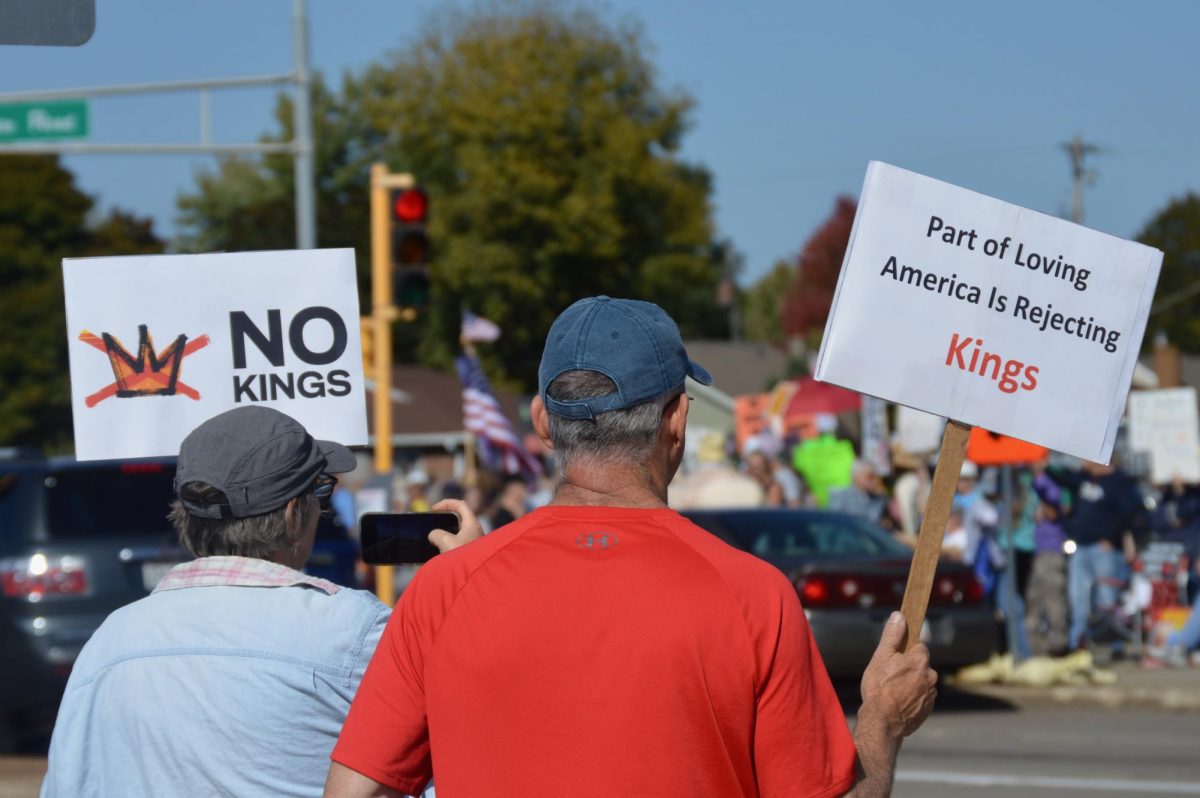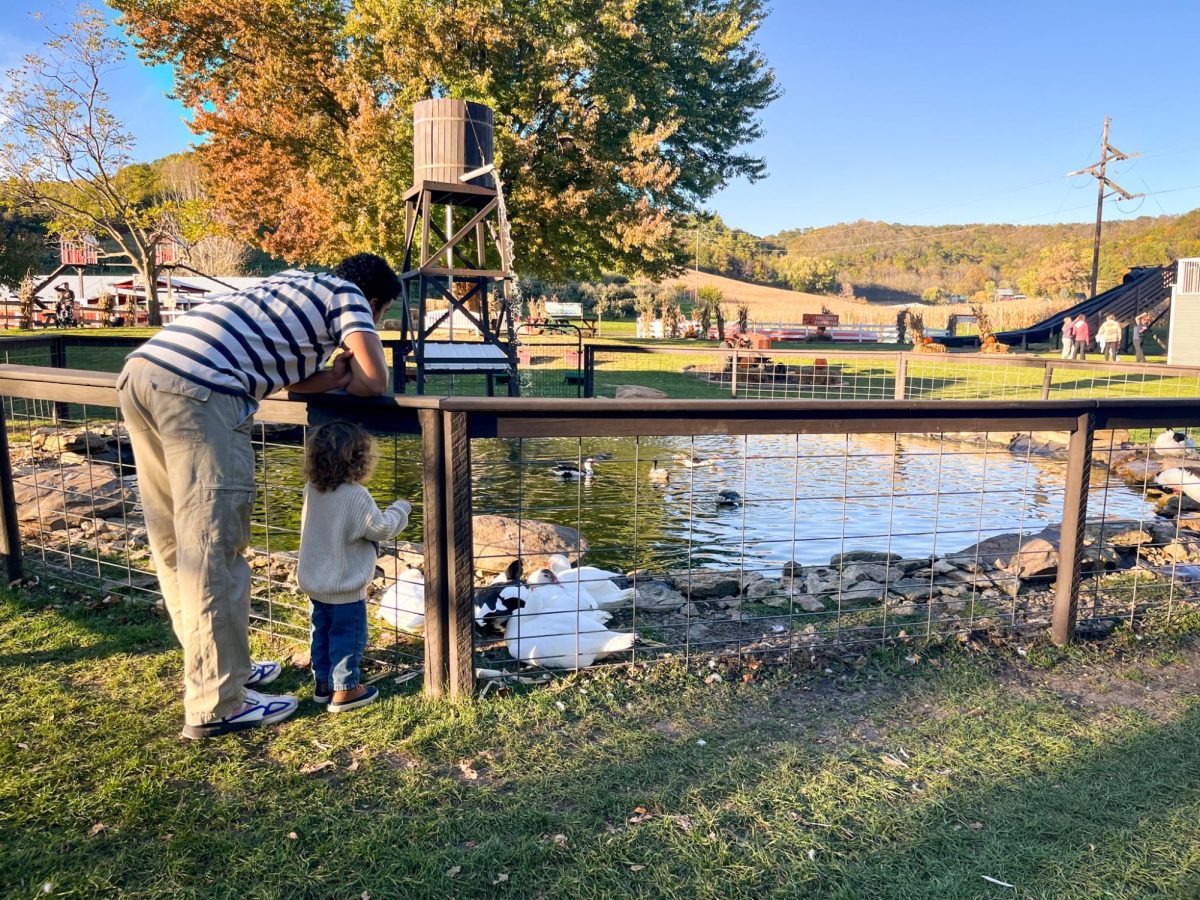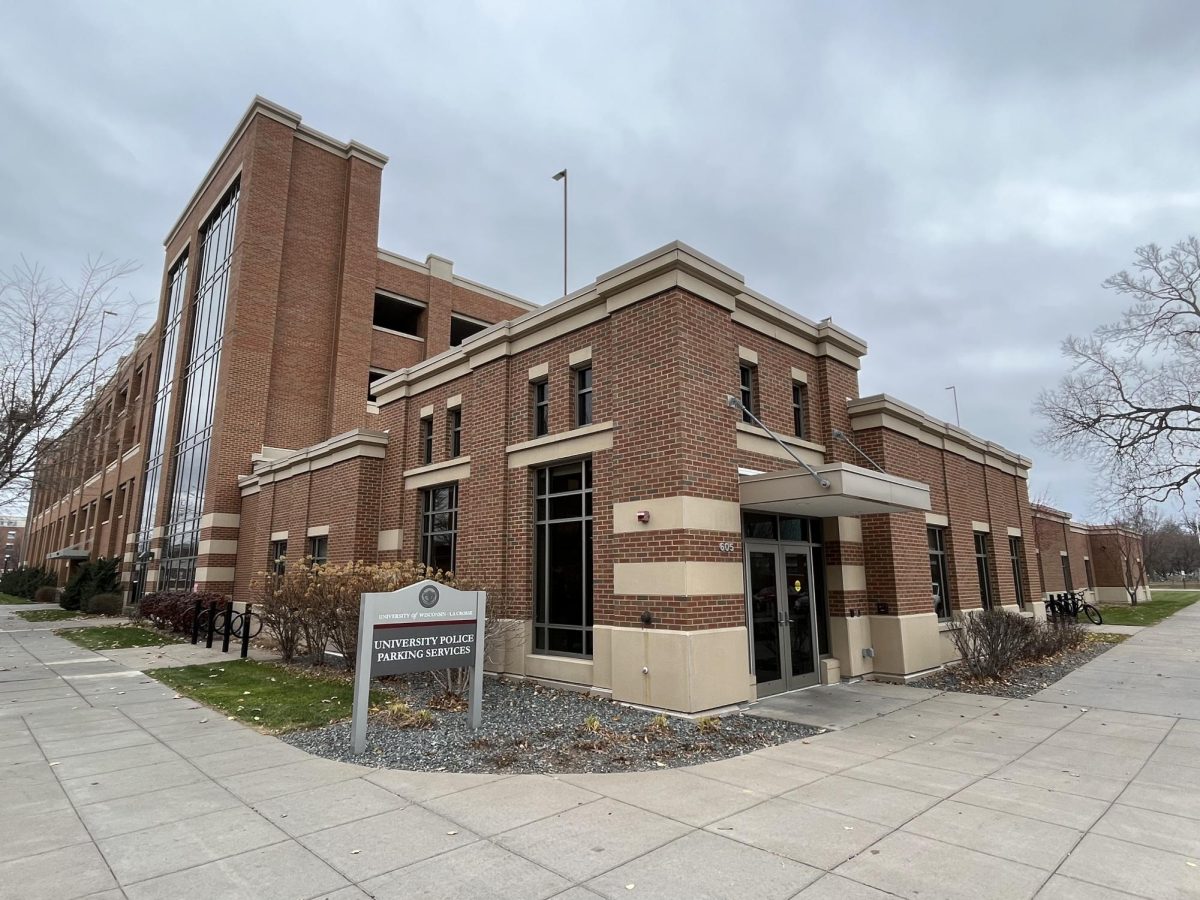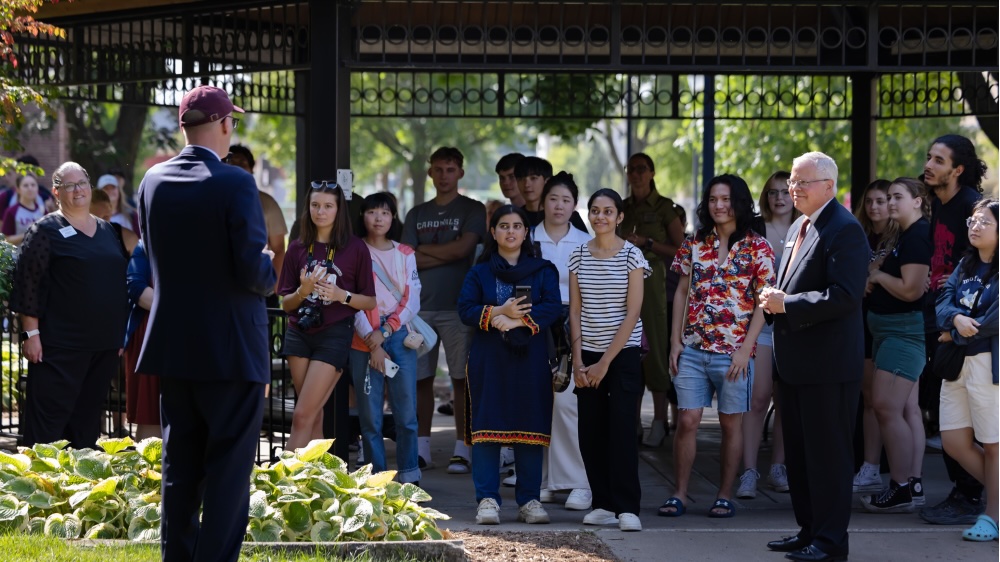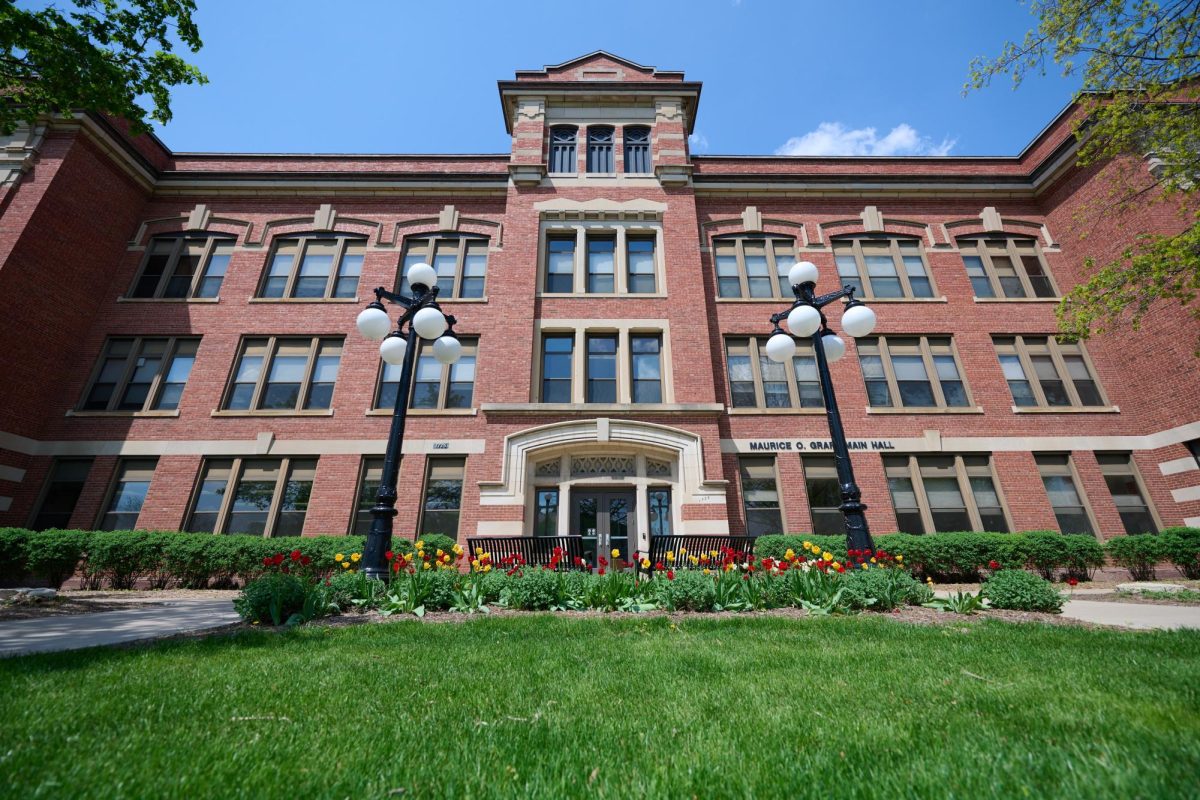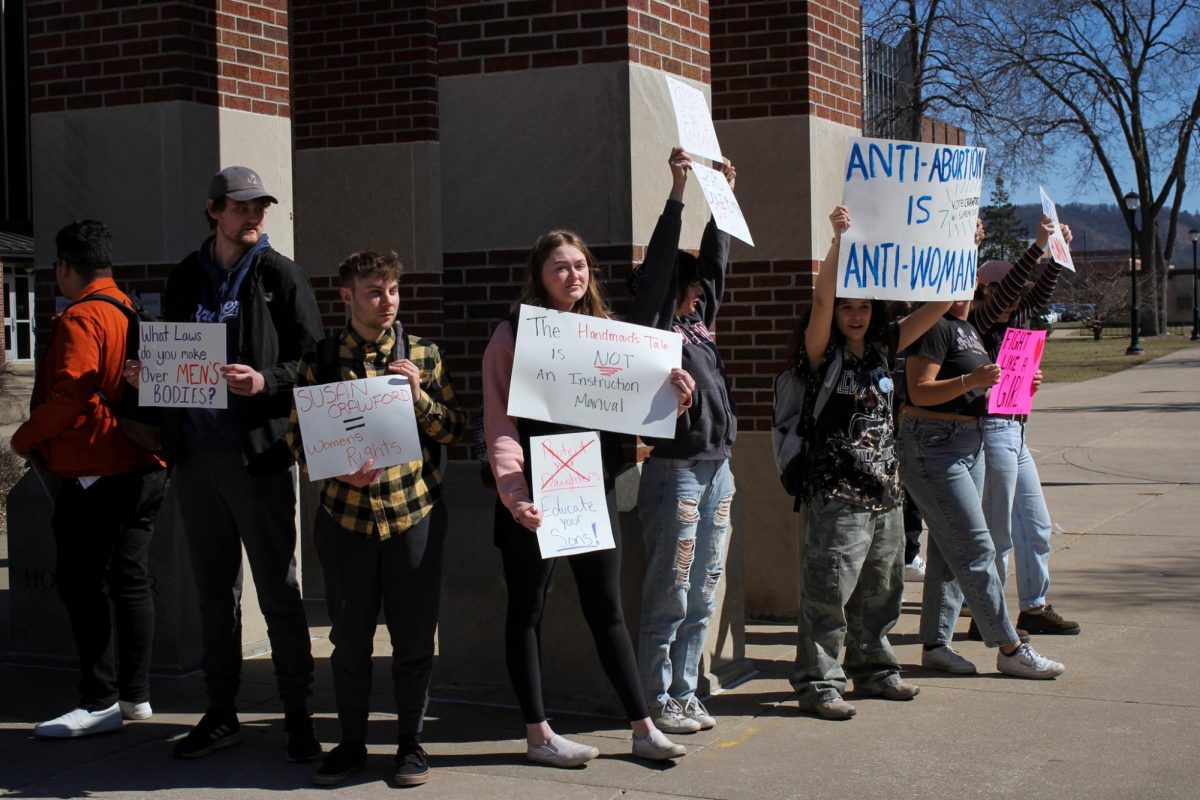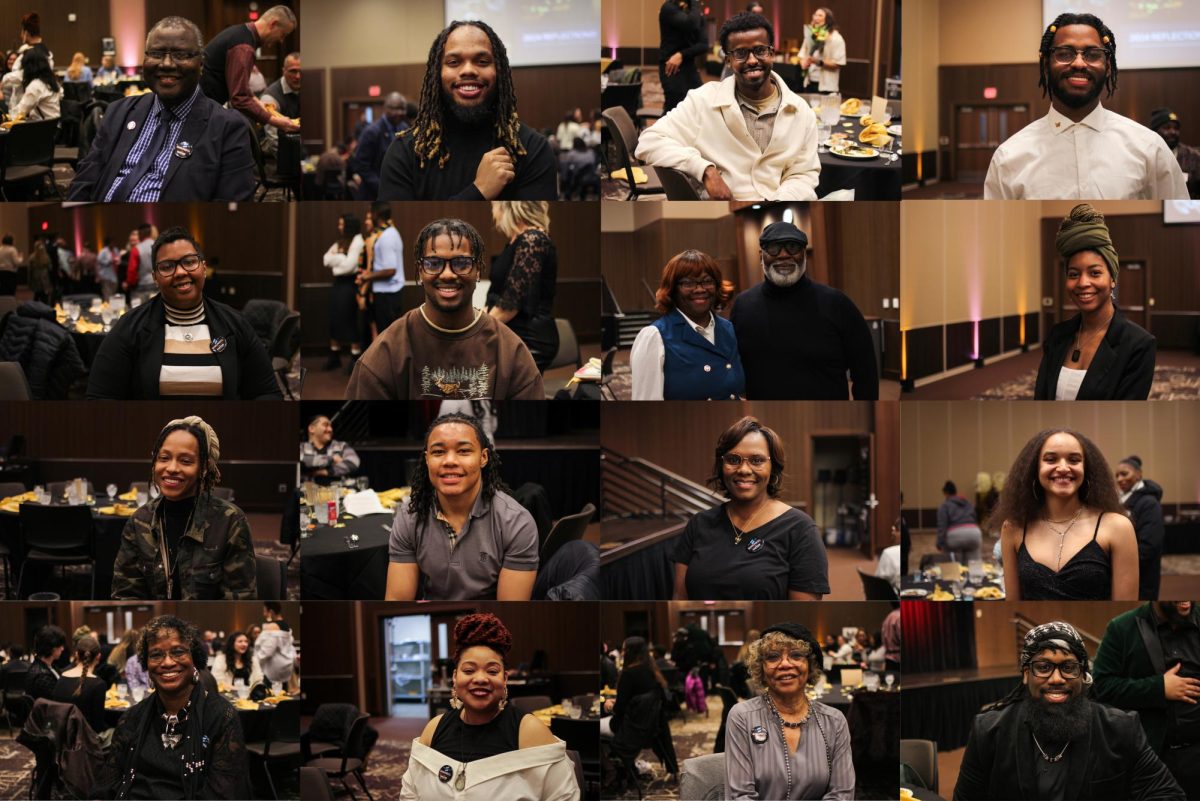Content warning: This article discusses concepts relating to death by suicide.
Contact the 988 Suicide & Crisis Lifeline if you are experiencing distress or are worried about a family member or friend who may need support.
- Call or text 988
- Chat at 988lifeline.org
The month of September is globally celebrated as Suicide Prevention Month with September 10 marked as World Suicide Prevention Day.
The Racquet Press sat down with licensed psychologist Crystal Champion who serves as the director of counseling services at the University of Wisconsin-La Crosse Counseling and Testing Center to talk about how UWL is prioritizing the mental health of the student body and providing needed resources.
Champion said, “The goal of having a month that’s designated suicide prevention month is to raise awareness of the prevalence of death by suicide, of the resources that are available and to prevent loss of life. The resources are the main emphasis.”
Champion explained the biggest resources they (the Counseling and Testing Center) provide regarding suicide prevention education are the trainings. Both normal staff and student staff are trained to recognize signs that someone may be in distress and make appropriate referrals and support.
She included that each semester resident assistants, incoming residence directors and campus police officers also do a program for suicide prevention training called Campus Connect.
When asked about the different reasons why students have thought about dying by suicide, Champion said that statistically, the more commonly reported reasons were relationship problems followed by school problems and then family and friendship issues.
Champion also included reasons not at the front of peoples’ minds as much were relationship violence, legal trouble, loss of a loved one and feelings of anger. “The most common emotional experiences are things like sadness, loneliness, and hopelessness,” she added.
“[Death by] suicide happens when pain exceeds an individual’s resources for coping with pain,” said Champion. “Any of us could potentially reach the point where the experience we’re having of so much pain could overcome [us], even if we have a lot of resources.”
According to Champion, being connected as a community is an important protective factor against loss of life by suicide.
“Being involved, going to events, going to other students’ events, checking on each other when somebody cancels plans or doesn’t show up in class […] are lots of ways that we can on a very basic level support one another and help each other feel more connected,” Champion continued.
For students looking for more direct ways to be involved, Champion recommended Active Minds; a student organization that does a lot of mental health promotion. She also suggested volunteering at the local La Crosse Area Suicide Prevention Initiative and becoming a peer educator through the wellness center.
Champion shared her thoughts on how UWL is doing regarding the mental health of its students, mentioning a lack of knowledge on how students react and think about an intervention or program towards mental health.
“One thing we know about working on a campus of ten thousand college students is that there’s no one-size-fits-all for any problem. There’s no way of saying, ‘This is the thing that will work,’ because we have students with different backgrounds, students with different perspectives on their mental health, students with different experiences, students with a different awareness of what’s going on with themselves and it becomes really complicated,” said Champion.
Upon the notification that a UWL student has become deceased, UWL carries out certain measures specific to the situation. The Division of Student Affairs coordinates the university’s response related to the death of a student.
Dean of Students Kara Ostlund gave some more detailed information about the process.
“Once we have been given confirmation by a law enforcement agency that the student’s family has been made aware of the death, my Vice-Chancellor and I reach out to them to provide support,” said Ostlund.
She continued, “We let them know that we will take care of university items so that they can focus on grieving and being with family/friends during this time.”
Ostlund explained that the CARE Team is then activated to discuss the potential impact of the student’s death on campus. This involves looking at the student’s class schedule, seeing if they are involved on campus, if they have employment on campus or if they live on campus, and contacting Institutional Research to seek names of students who may have gone to high school with them.
“We want to ensure that we are providing support to those who knew the deceased student as well,” said Ostlund.
Free housing and meals are offered to the family of the deceased when they collect their student’s belongings.
“On the year anniversary of the student’s death, I make sure to reach back out to the family to let them know that we are thinking of them,” said Ostlund.
On the topic of announcing the death to the campus, Ostlund said, “ I reach back out to the family to check in, share a little information, and to see if they would like a campus announcement, and if so, what they would like shared.”
Ostlund described one of the challenges that comes with communicating about a student death to the campus community is finding a balance between the needs of the family and the wants of the UWL community.
Champion shared a similar sentiment. “Sometimes people think that the university is trying to manage information, it’s really that we are trying to manage the impact on the people who are directly involved. But everyone who needs to know [such as roommates, classmates], people who need to get that support even if the wider campus community isn’t involved, would be reached out to,” said Champion.
“Both things can be true, that people can have really valid struggles with their mental health, and that there can be really strong, reliable, useful resources for dealing with those concerns,” said Champion.
“If you or someone you know is experiencing a mental health crisis, stop and ask for help,” said Ostlund. “We have a lot of resources available to you, free of charge. Please know that your life matters; you matter. The world is a better place because you are in it.”
There are multiple activities in the La Crosse area for Suicide Prevention Month.
On Wednesday, September 18 from 6:00-7:30 p.m. at Riverside Park, La Crosse, the La Crosse Area Suicide Prevention Initiative will host a Suicide Prevention Awareness Event.
Also, on Thursday, September 19, the La Crosse Area Suicide Prevention Initiative will provide a Suicide Prevention Summit, hosted at the Student Union from 8:15 a.m. – 4:15 p.m., featuring keynote speakers and tools for prevention, assessment and intervention.

